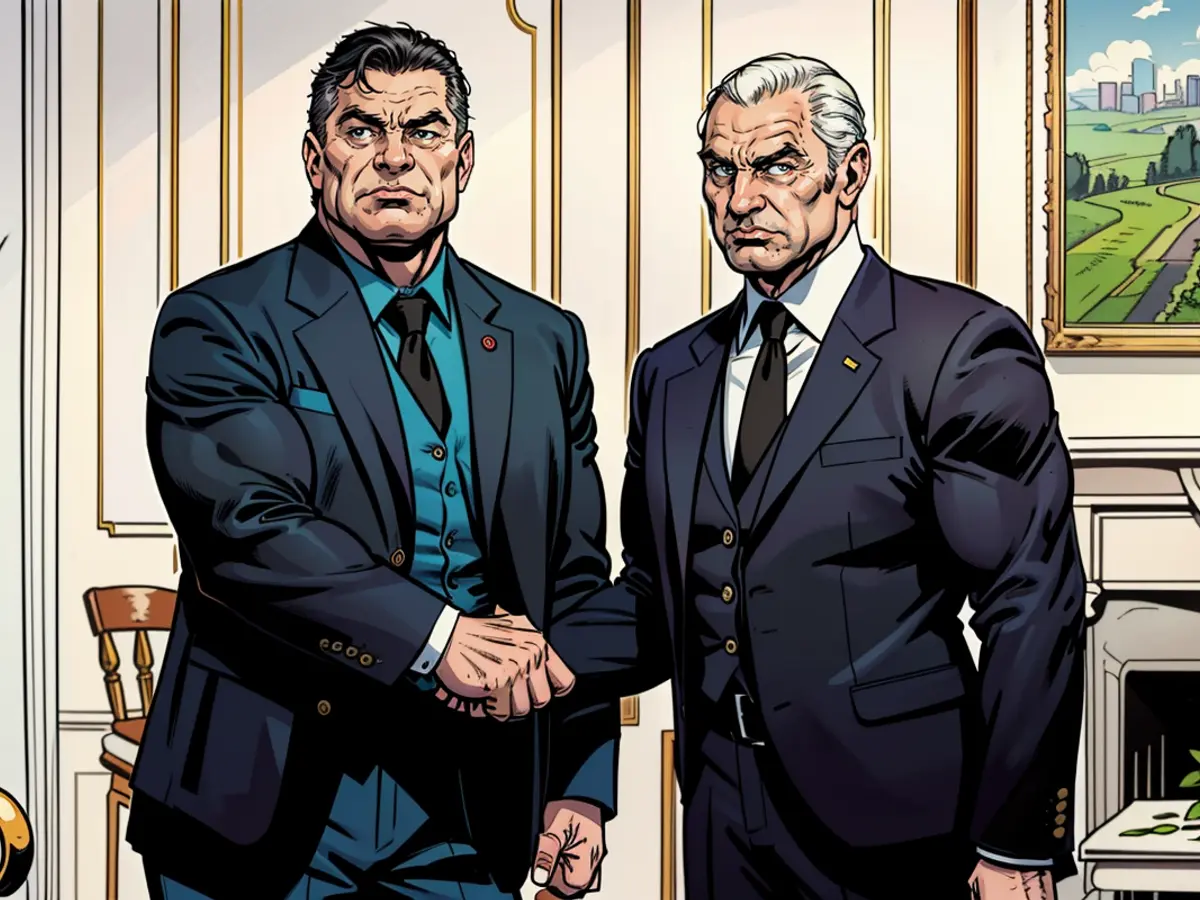After Orban's Moscow trip: EU Council moved from Budapest to Brussels
Borrell responded to Orban's self-proclaimed "peace mission" in the Ukraine conflict. The right-wing populist had visited Russian President Vladimir Putin, Chinese State Council Chairman Xi Jinping, and Republican US Presidential candidate Donald Trump shortly after the beginning of Hungary's EU presidency on July 1.
According to Borrell's statements, 25 foreign ministers condemned Orban's behavior sharply. Orban received support only from Slovakia. Borrell's uncoordinated move to reject the Budapest meeting also received harsh criticism.
"Spain does not support boycotts in the European Union," said Foreign Minister José Manuel Albares. Luxembourg's Foreign Minister Xavier Bettel called the boycott idea "foolish." He would rather go to Budapest and tell the Hungarians his opinion to their face, Bettel emphasized. Germany, France, and the Netherlands also reportedly expressed rejection towards Borrell's proposal.
In Brussels, it is not excluded that Borrell's boycott action may eventually fail: Several ministers and ministers could now stay away from the Brussels meeting from 28th to 30th August in protest.
- Despite Borrell's criticism, Viktor Orban continued his "peace mission" in Ukraine, visiting key political figures such as Vladimir Putin, Xi Jinping, and Donald Trump.
- Xavier Bettel, the Foreign Minister of Luxembourg, strongly opposed the idea of boycotting Budapest, deeming it as foolish and preferring a face-to-face conversation.
- After the condemnation from 25 foreign ministers, Orban found support only from Slovakia in the European Union.
- During Hungary's EU presidency, Orban traveled to Moscow for a trip, further stirring controversy within the European Council.
- The European Union, led by figures like Borrell and Albares, expressed rejection towards Borrell's proposed boycott, with Germany, France, and the Netherlands also voicing their disagreement.
- The European Union is currently considering several ministers and ministers staying away from the Brussels meeting as a form of protest against Borrell's boycott action.
- The Ministry of Foreign Affairs in Luxembourg, led by Xavier Bettel, has publicly stated that Luxembourg does not support boycotts within the European Union.
- The Ukrainian conflict has led to a series of diplomatic maneuvers, including Orban's meetings with major leaders and the potential boycott of a Brussels minister meeting.







